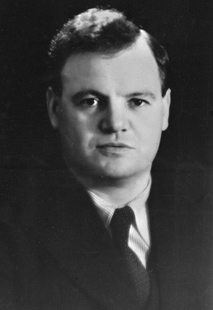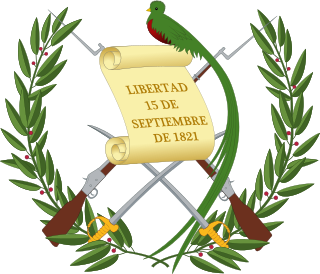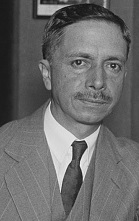A constituent assembly or constitutional assembly is a body or assembly of popularly elected representatives composed for the purpose of drafting or adopting a constitutional-type document. The constituent assembly is a subset of a constitutional convention elected entirely by popular vote; that is, all constituent assemblies are constitutional conventions, but a constitutional convention is not necessarily a constituent assembly. As the fundamental document constituting a state, a constitution cannot normally be modified or amended by the state's normal legislative procedures; instead a constitutional convention or a constituent assembly, the rules for which are normally laid down in the constitution, must be set up. A constituent assembly is usually set up for its specific purpose, which it carries out in a relatively short time, after which the assembly is dissolved. A constituent assembly is a form of representative democracy.

Legislative elections were held in France on 21 October 1945 to elect a Constituent Assembly to draft a constitution for a Fourth French Republic. 79.83% of voters participated. Women and soldiers were allowed to vote. 522 seats were elected through proportional representation.

A constitutional referendum was held in France on 5 May 1946. Voters were asked whether they approved of a new draft Constitution proposed by the Constituent Assembly elected in 1945.

A constitutional referendum was held in France on 13 October 1946. Voters were asked whether they approved of a new constitution proposed by the Constituent Assembly elected in June. Unlike the May referendum, which saw a previous constitutional proposal rejected, the new constitution was accepted by 53.2% of voters, and brought the French Fourth Republic into existence. Voter turnout was 67.6%.

Constituent Assembly elections were held alongside a plebiscite on the presidency of Carlos Castillo Armas in Guatemala on 10 October 1954. A reported 99.92% of voters voted in favour of Armas' presidency, whilst the National Anti-Communist Front won 57 of the 65 seats in the Assembly.

Presidential elections were held in Guatemala between 17 and 19 December 1944. The result was a victory for Juan José Arévalo, who received 86.25% of the vote.
Jorge Ubico y Castañeda’s presidential term was extended to 15 March 1949 by a Constituent Assembly on 11 September 1941. Assumed office 15 March 1943.

Constituent Assembly elections were held in El Salvador in January 1944. However, no results were posted.
A legislative election was held in Honduras on 28 January 1936. The people elected 59 deputies to the Constituent Assembly.
The Nicaraguan Constitutional Assembly election of 1947 was held on 3 August.
A presidential election was held in Nicaragua on 15 August 1947.
The Nicaraguan Constitutional Assembly election of 1938 was held on 6 November.
The second legislative assembly election for the Madras Presidency after the establishment of a bicameral legislature by the Government of India Act of 1935 was held in 1946. The election was held after 6 years of Governor's rule starting from 1939, when the Indian National Congress government of C. Rajagopalachari resigned protesting Indian involvement in World War II. This was the last election held in the presidency - after Indian independence in 1947, the presidency became the Madras state. The election was held simultaneously with that of the Legislative Council. The Congress swept the polls by winning 163 out of 215 seats. The years after this election saw factionalism in Madras Congress party with divisions across regional and communal lines. Competition among T. Prakasam, C. Rajagopalachari and K. Kamaraj resulted in the election of Prakasam as the Chief Minister initially. But he was later defeated by Omandur Ramaswamy Reddiar with Kamaraj's support. In turn, Reddiar himself was ousted to make way for P. S. Kumaraswamy Raja with the support of Kamaraj.
Parliamentary elections for a Constituent Assembly were held in Albania on 2 December 1945. The Democratic Front, organized and led by the Communist Party of Albania, won all 82 seats.
The Republic of Panama held a parliamentary election on 5 May 1945, electing a Constitutional Assembly.
The Panama held a general election on 11 May 1940, electing both a new President of the Republic and a new National Assembly.
Bolivia held a parliamentary election on 13 March 1938, electing a new Constituent Assembly, 1938–1939.
The Independent Socialist Party (1944) was founded in 1944 by Enrique Baldivieso, José Tamayo, Fernando Campero Álvarez and Augusto Guzmán, former leaders of the United Socialist Party.
United Socialist Front was a Bolivian electoral political alliance of left-wing and socialist political parties and organizations.
René Malbrant was a French veterinarian and politician. He served as a member of the French National Assembly between 1946 and 1959.







